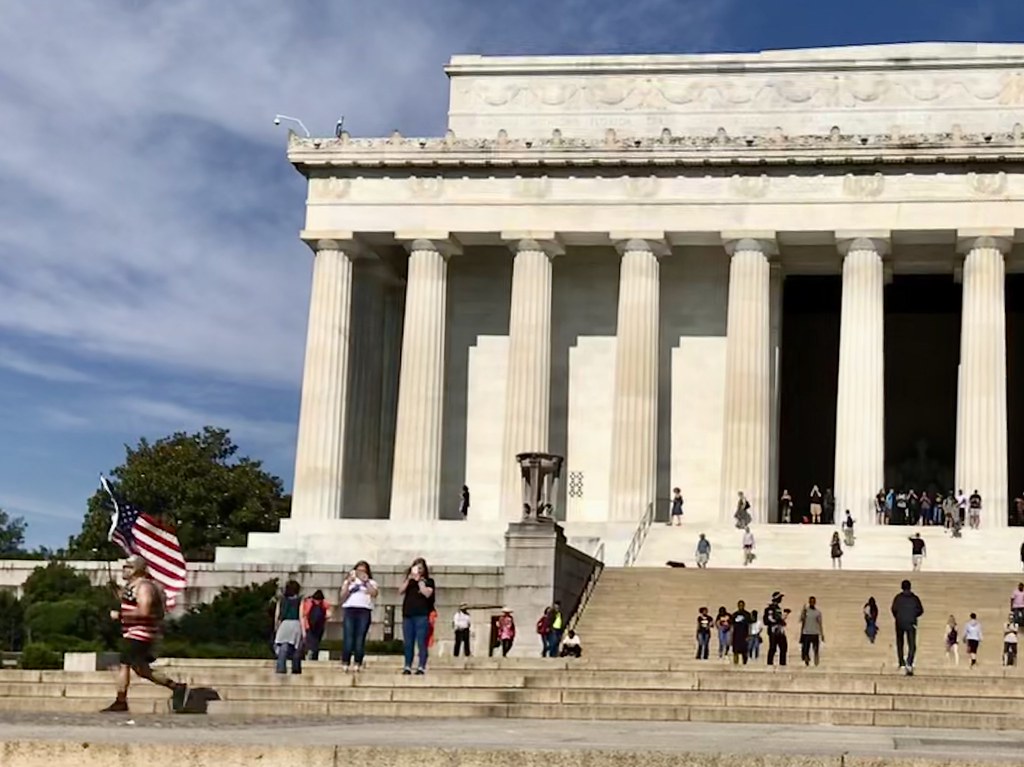There’s a great speech in the first episode of Chernobyl, HBO’s series about the Russian nuclear disaster. A group of Communist party officials gather in a command center as the scope of the catastrophe begins to emerge. They debate whether to inform the people of the danger, their voices verging on panic and coming dangerously close to honesty about the Soviet system.
Invoking the ghost of Lenin, an elderly apparatchik rises and tells them to have faith. If the people ask questions, they should be told to keep their minds on their labor and leave matters of the state to the state. He orders that the city be sealed off and the phone lines cut. “This is our moment to shine!” he exclaims.
Chernobyl is about more than just the meltdown of a nuclear reactor; it is about the meltdown of an entire political system. Soviet officials deny the truth – the reactor cannot have exploded! – even as firefighters stumble into the hospital, their faces peeling off from radiation exposure. Those valiantly trying to contain the damage have to fight the Politburo and a bureaucracy intent on its own self-preservation.
The world finds out about Chernobyl only when radioactivity leaks outside the borders of the USSR. The damage to Soviet prestige was incalculable. The Soviet Union was not a Communist paradise. Suddenly, ordinary citizens began to question their leaders. Mikhail Gorbachev, the last leader of the USSR, argued that it was a bigger blow to the country than his policy of perestroika.
The Chernobyl disaster, more than anything else, opened the possibility of much greater freedom of expression, to the point that the system as we knew it could no longer continue.
Watching the series, I wondered if we would do any better if faced with a similar disaster.
But it’s not a reactor that’s melting down here in America: it’s democracy.
The Chernobyl disaster exposed all the flaws of the Soviet state – the secrecy, the suppression and the hollow core of a superpower.
The Trump disaster is peeling away the comforting myths that we believe about our country – our fairness, our institutions and the belief that we’re the good guys.
Friends of mine who come from other countries cannot believe that this is happening to America. We’re supposed to be better than this. We’re not supposed to be vulnerable to the kinds of xenophobia and dictatorship that plague other parts of the world.
History does not always move forward. Sometimes it slides backward. Karl Marx believed that Communism was inevitable, in the same way that we believe that democracy will naturally win out.
As the plant at Chernobyl burned, pouring radioactive debris into the atmosphere, Soviet officials denied the facts on the ground, lied to each other, issued misleading reports and tried to cover up the scope of the disaster, working to ensure the illusion of state infallibility rather than confronting the truth.
As our Chernobyl burns, pouring toxic politics across the American landscape, we busy ourselves with reality TV, the churn of social media and news reporting that ignores a dictatorship slouching towards its birth.
American Chernobyl has exposed the weaknesses of the American system – our media addiction, unrelenting greed and the pursuit of fame, to the detriment of every other value that we once held dear.
In face of disaster, we’ve not done any better than the Soviet Union. And we’re destined to share their fate unless we confront the truth about ourselves.
